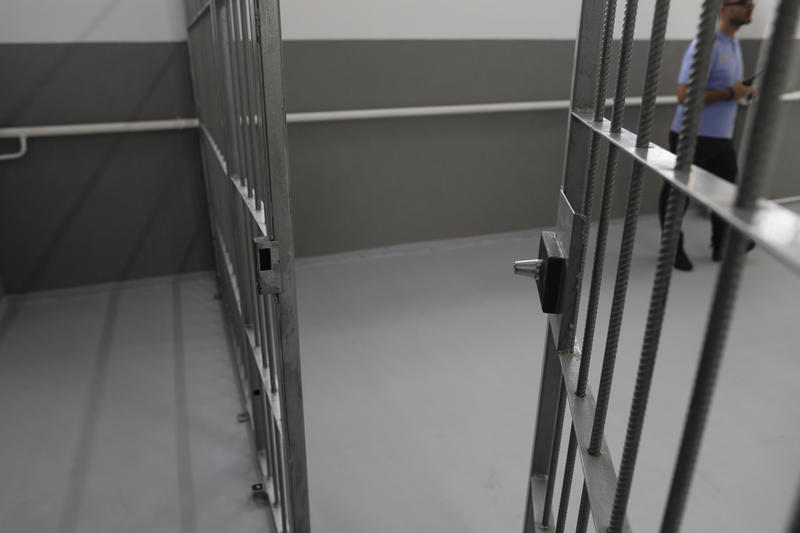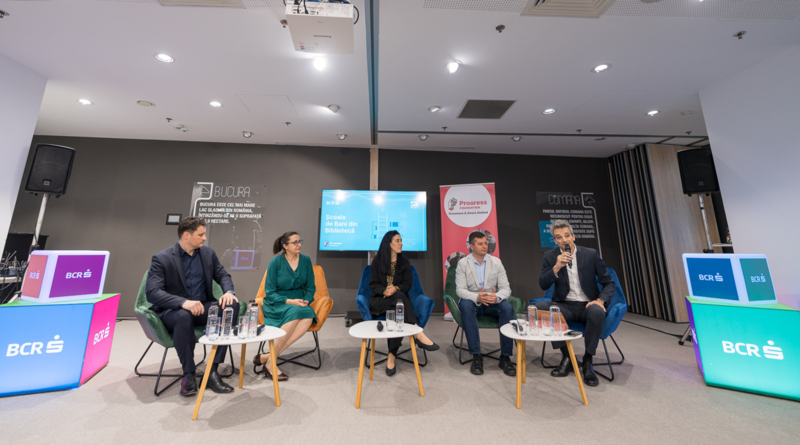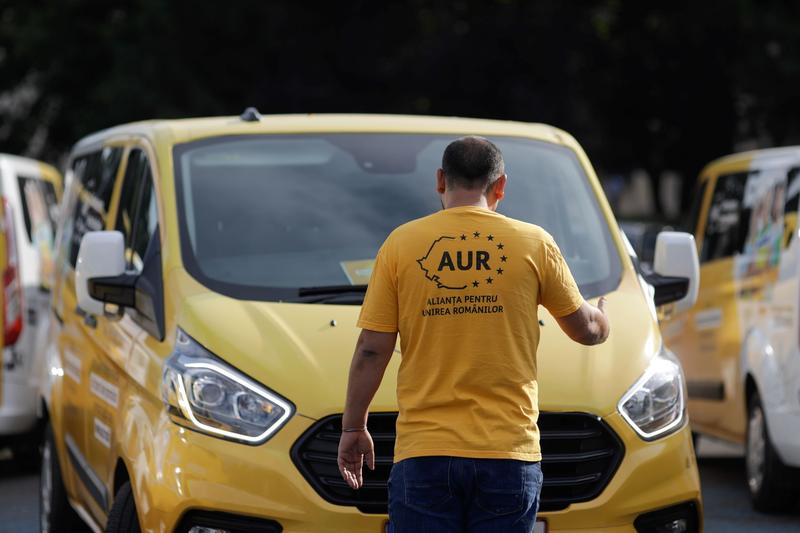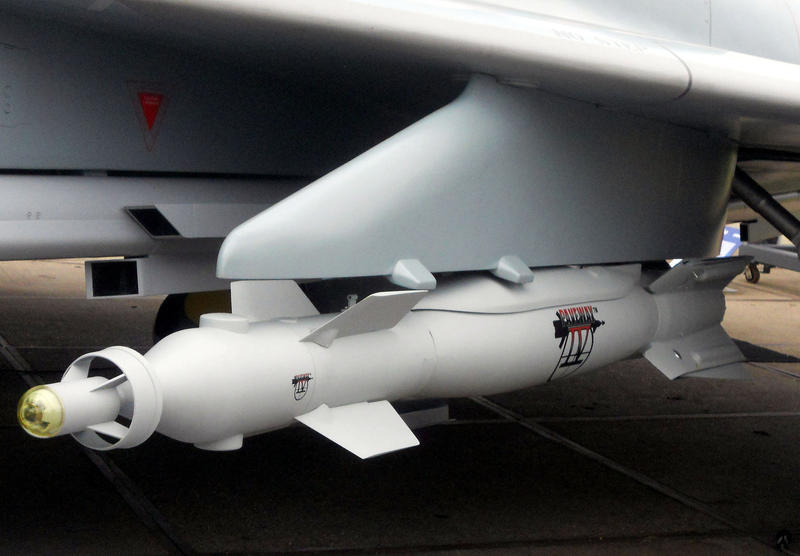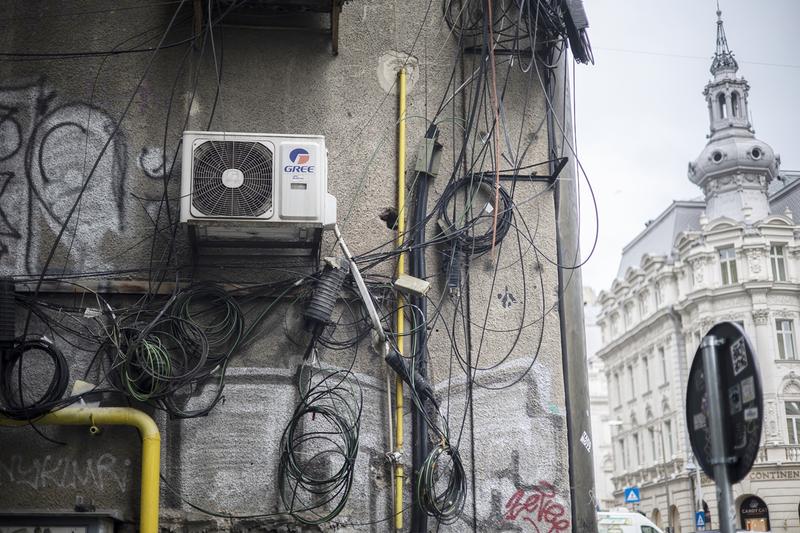The first Romanian space ship, Helen, is ready to be launched into space. Initially scheduled for Friday 10.am (the local time), the launch has been postponed for tomorrow, due to weather conditions. The Aeronautics and Cosmonautics Romanian Association (ARCA) are launching the space vehicle above the Black Sea, with the support of the Romanian Military Marine. The event is likely to take about two hours, when a hot air solar balloon will be inflated and will take it to 14,000 meters altitude, according to an ARCA press report.
After these operations, the engines of the rocket's three steps will be initiated, which will propel it into the suborbital space. The final phase of the test will be to recover the vehicle transporting video and radio equipment from the Black sea. The Helen Rocket will be launched from the world largest solar balloon and will use an innovative stabilization system. The launch mission is one of the most complex missions ever in the aero spatial domain.
The launching project is unique through a series of individual elements: the launch of a rocket with the help of a solar balloon, the use of ecological fuel (oxygenated water with a 70% concentration), but also the system of stairs arrangements, which equips the rocket with an original shape, which does not correspond to an aerodynamic profile. According to ARCA representatives, over 95% of the materials used to construct the rocket are made in Romania. The electronic parts have been bought from overseas.
ARCA is a Romanian NGO, national leader in aero spatial research. In 2003, the Association enrolled in the most astronautics competition Ansari X Prize and has been so for one of the most important competitors. The announcement of ARCA joining the competition has been made during the World Astronautics Congress from Huston. In 2004, ARCA launched Demonstrator 2B, the first Romanian civil rocket, equipped with the first reusable engine.
In 2005, ARCA initiated the "Stabilo" concept, a rocket with spherical modules, which makes the flight concept more efficient. A year later, it performed two stratospheric flights (Onesti and Capu Midia), with the world's biggest solar balloons. The organisation captured images from the stratosphere, 15,000 meters and 12,500 metres above the ground. In 2008, ARCA partners with Google in the Google Lunar X Prize, which will award 30 million dollars to the first team to send a robot on the moon.


